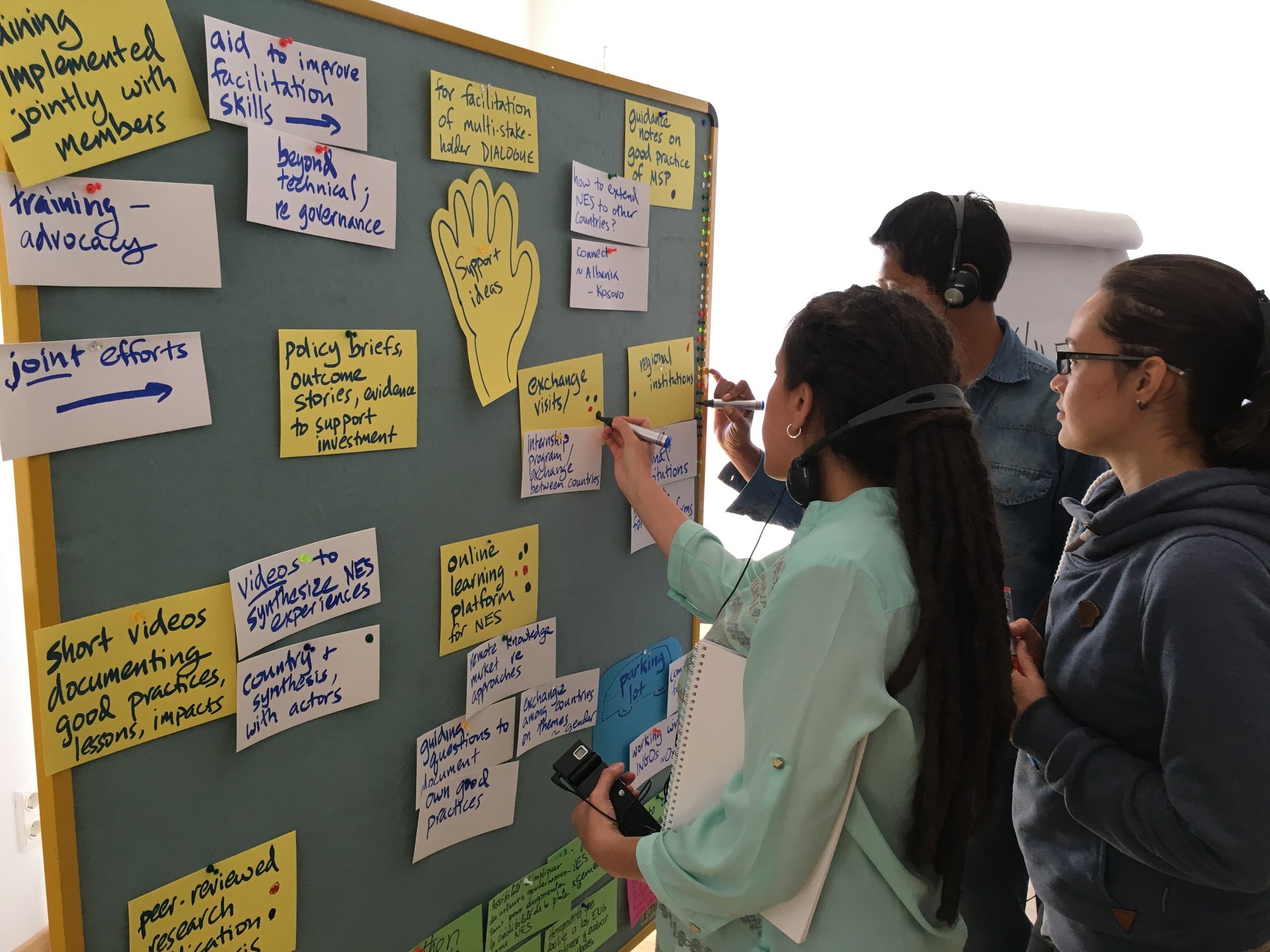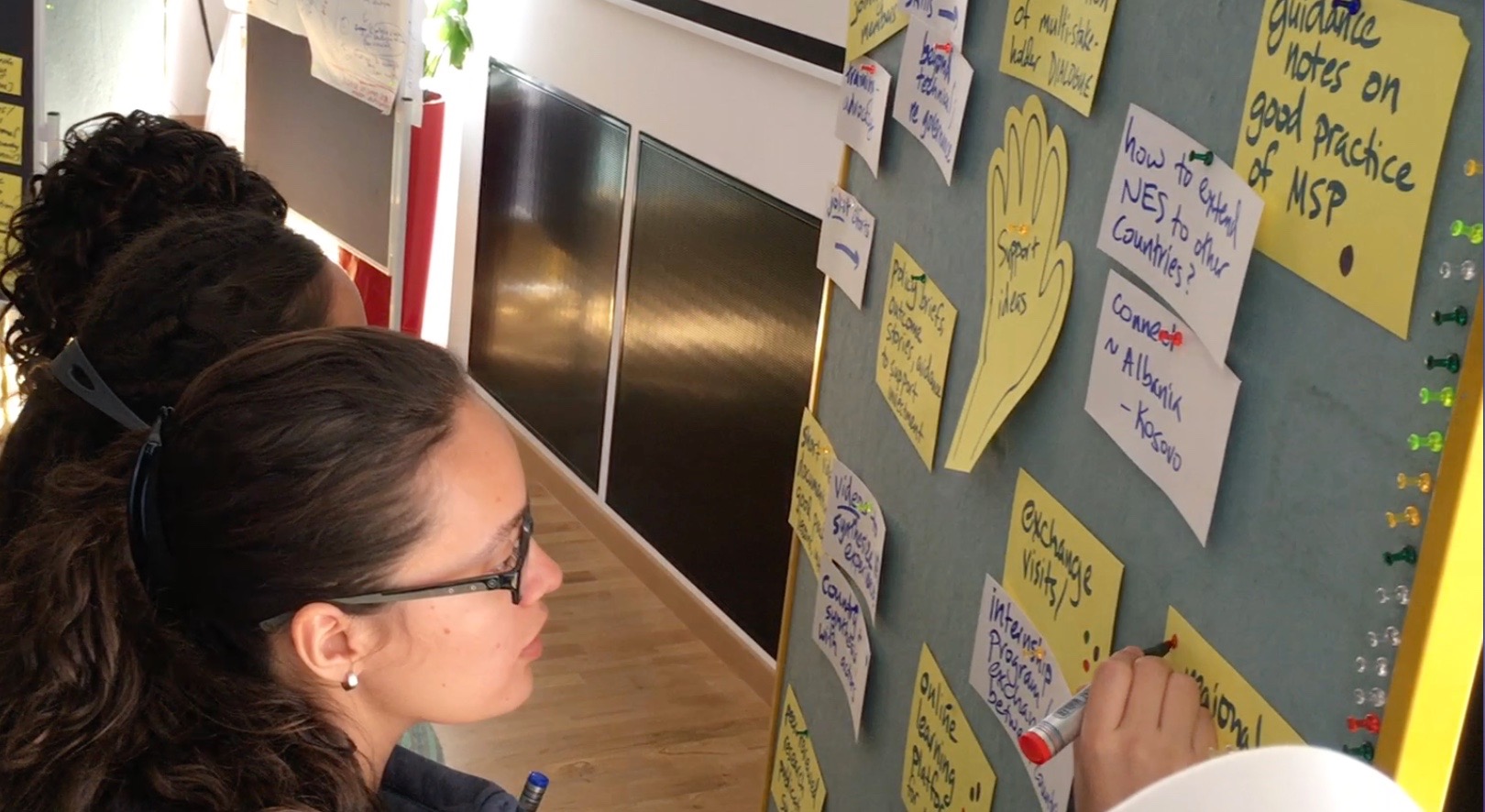The International Land Coalition is a global alliance of civil society and intergovernmental organizations working together to put people at the center of land governance, protecting the rights of women, men and communities who live on and from the land.
ILC is partnering with Collaborating for Resilience to increase the capacity of national facilitators and ILC member organizations to convene and sustain high-performing multi-stakeholder platforms that accelerate progress in reforming and implementing policies and practices for people-centered land governance. At present 22 countries have invested in these platforms as part of their national engagement strategies, with that number expected to increase to 35 over the next few years.
This is perhaps the most extensive effort to date of a sustained investment in multi-stakeholder platforms to shift natural resource governance across such a range of countries, with systematic efforts at monitoring and evaluating outcomes. The partnership aims to seize the learning opportunity this affords by identifying and documenting good practices, refining them within a cross-regional community of practice, and distilling lessons for others.
The ILC partnership focuses on distilling best practices on key challenges faced by facilitators of national multi-stakeholder platforms, such as:
- How does the national context influence the effectiveness of alternate strategies to engage government in the dialogue process to achieve maximum influence?
- What practices can guide the choice to expand membership, to achieve more complete representation, or better link existing members, without losing clarity of purpose?
- What approaches work to engage the private sector effectively, while maintaining the commitment to a focused change agenda?
- What communication strategies have proven most to tap the evidence from local innovation and civil society mobilization, and to engage with national media?
- What strategies improve gender equity in representation and decision-making within the platform, and how does this affect progress in gender justice in land governance?








